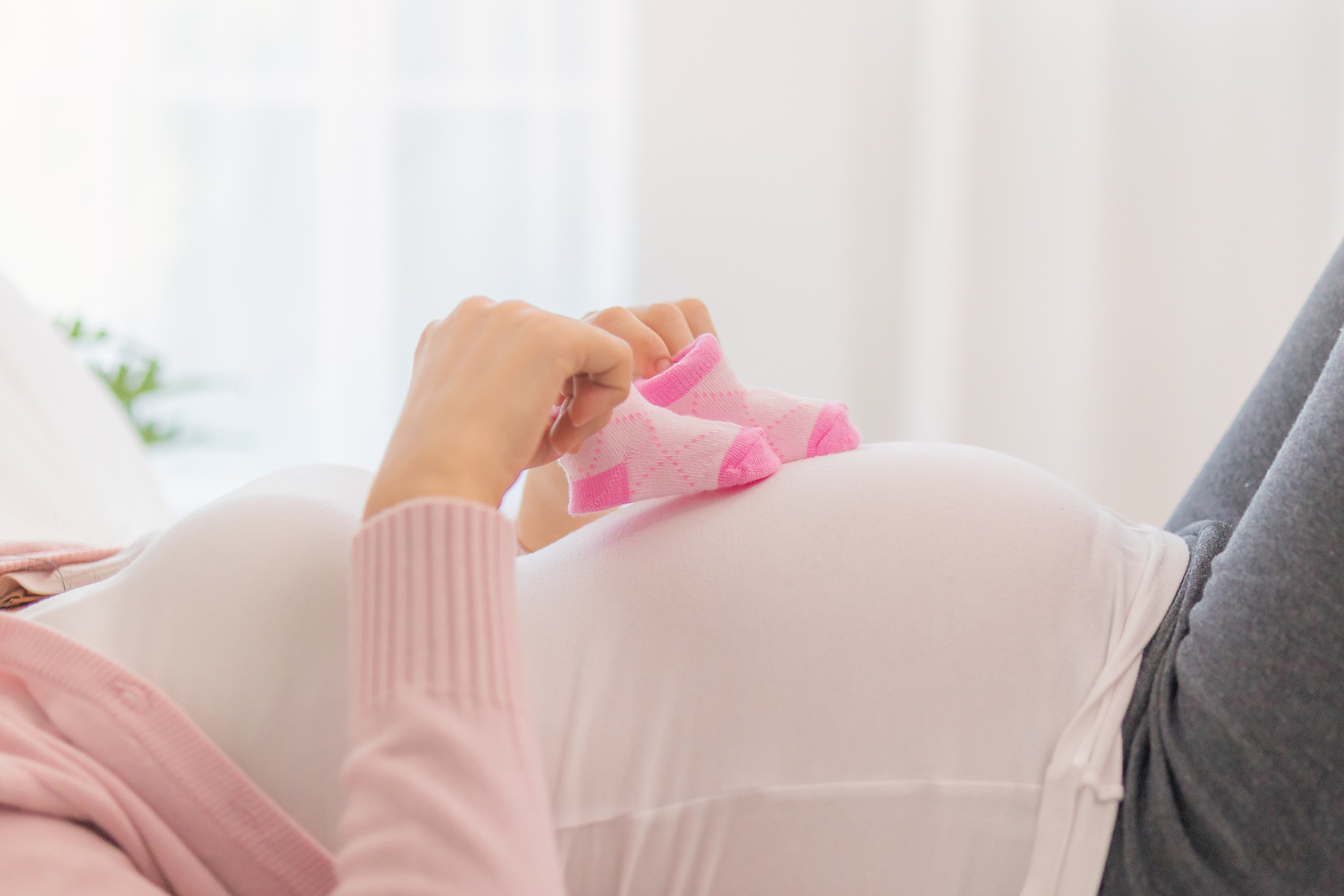A charity is raising awareness of maternal mental health through a week-long campaign coming up in May.
Maternal Mental Health Awareness Week launches next Monday (May 1st) and will continue until May 7th, highlighting some of the conditions women suffer during or after pregnancy. These include antenatal and postnatal depression, anxiety, obsessive compulsive disorder, post traumatic stress disorder, and postpartum psychosis.
The event has been going for nine years, and 2023’s theme is ‘Together in a changing world’.
According to Perinatal Mental Health Partnership UK, which is organising the event: “It is about connecting communities, virtual and real life support, and focussing on working together for all families at what is for many, a difficult time.”
The campaign, which was set up in 2014, is intended to raise awareness of perinatal mental health, change attitudes, and help people access the information and support they need.
Perinatal Mental Health Partnership UK will signpost women to the most appropriate services they require for recovery, as well as keeping parents informed and supported, and providing relevant resources.
The organisation will give out information about the different perinatal mental health problems women can experience; what support services are available, and in what ways they can help; maternal mental health around the world; and updates for healthcare professionals to improve their care and support for women.
Stories of recovery will also be shared, so those suffering can learn how to seek help, and what resources are available to support them.
There is also support available for families of those suffering from maternity mental health, which is why there will be a focus on what services are out there for relatives.
A spokesperson for Perinatal Mental Health Partnership UK added: “This week will provide a supportive platform where we can reassure families and signpost them to vital resources and safe support, which is what people need most at this time.”
According to statistics put together by the Maternal Mental Health Alliance, 20 per cent of women will suffer from a perinatal mental health condition. However, as much as 70 per cent will not be honest about how much it has affected them.
It also reported that each year 1,380 women are diagnosed with postpartum psychosis, the same number again have a chronic serious mental illness, 20,640 have severe depressive illness, 20,640 have PTSD, 86,020 have mild to moderate depression and anxiety, and 154,830 have adjustment disorders and distress.
With so many women suffering from mental health problems before or after the birth of their child, it is important they seek private counselling in west London if they are worried about the state of their emotional wellbeing.
